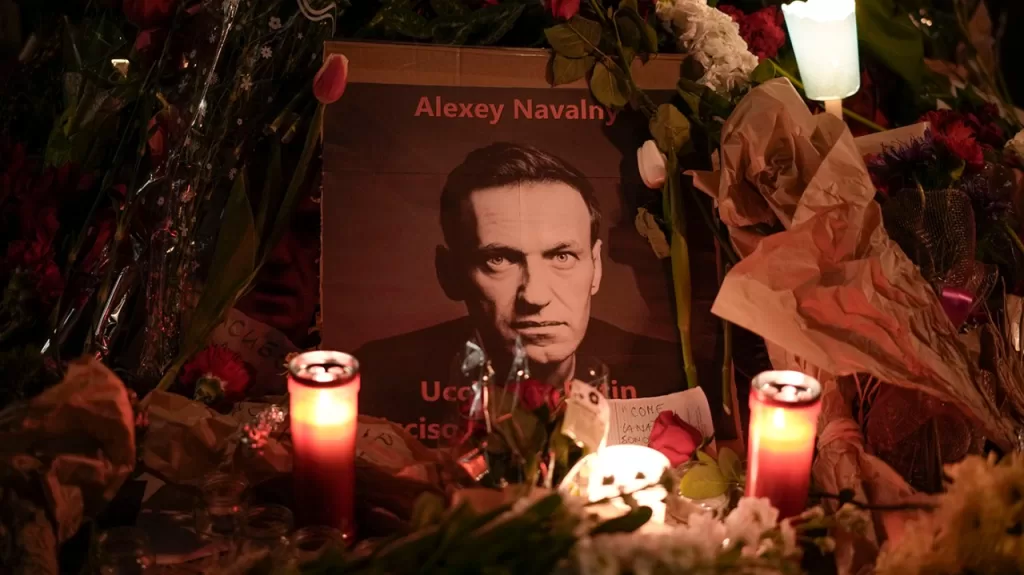Quick Bytes
- Alexei Navalny’s death intensifies GOP internal conflict over U.S. foreign policy and aid to Ukraine.
- Former President Trump’s stance on NATO and relationship with Putin continue to influence Republican Party dynamics.
- House Speaker Mike Johnson faces pressure to balance GOP unity and respond to calls for increased aid to Ukraine.
Summary
The unexpected death of Russian opposition leader Alexei Navalny has sparked a renewed debate within the Republican Party, revealing deep divisions over the United States’ role in global politics and its support for Ukraine. As the GOP grapples with its stance on foreign policy, the influence of former President Donald Trump’s ”America First” agenda and his controversial relationship with Russian President Vladimir Putin are at the forefront.
While the GOP leadership, including House Speaker Mike Johnson, navigates the complex political landscape, Trump’s recent comments have raised eyebrows. His reluctance to defend certain NATO allies and his reaction to Navalny’s death, which he compared to his own legal challenges without condemning Putin, have highlighted the ongoing struggle within the party.
On one side, traditional conservatives advocate for a strong foreign policy, while on the other, Trump’s allies push for an isolationist approach. The tension is evident as Speaker Johnson weighs the decision to approve further military assistance for Kyiv, with Trump opposing new aid for Ukraine and his campaign criticizing those who support it.
Amidst these internal conflicts, President Biden and other Democrats, along with some Republicans, are urging Congress to pass additional aid for Ukraine. The situation is further complicated by Russia’s recent military advancements and the GOP’s internal power dynamics, with threats of leadership challenges if Ukraine aid is pursued.
As the Republican Party faces this pivotal moment, the legacy of its leaders and their alignment with either traditional GOP values or Trump’s vision will shape the future of U.S. foreign policy and its commitment to global democracy.



